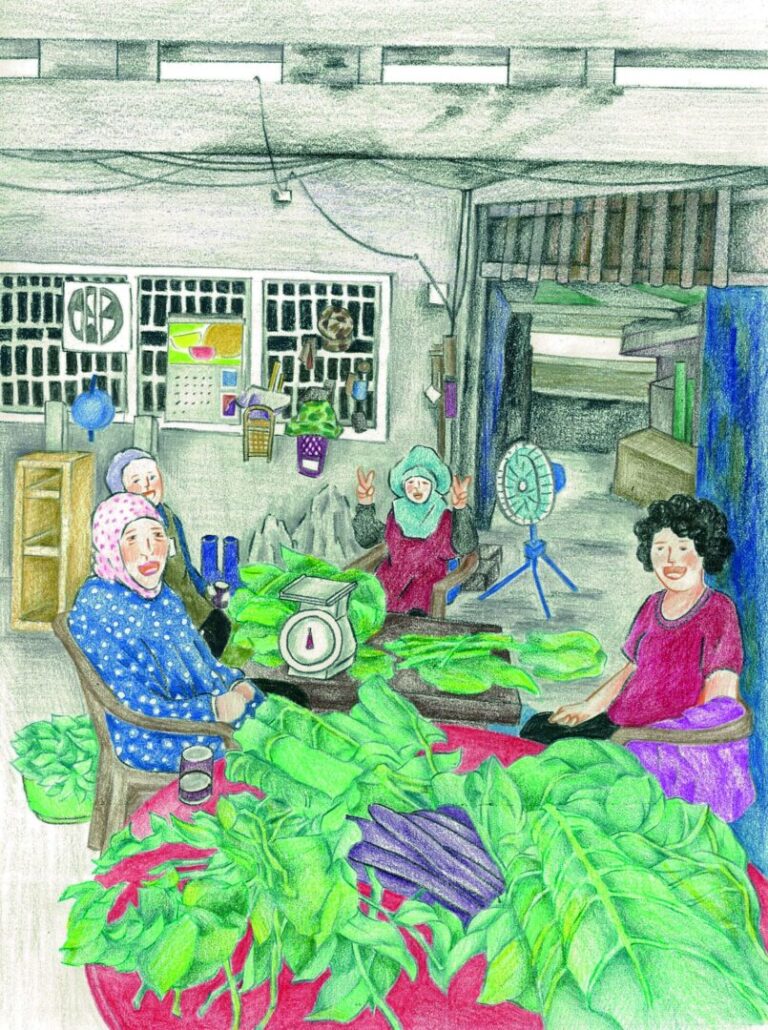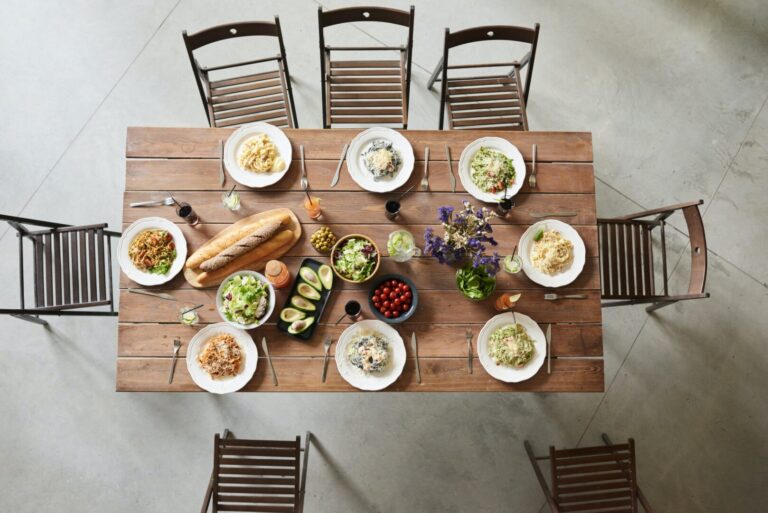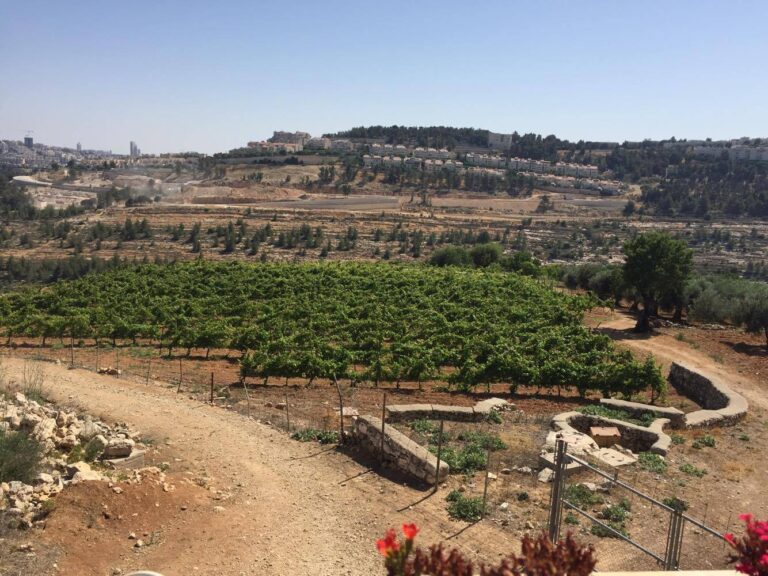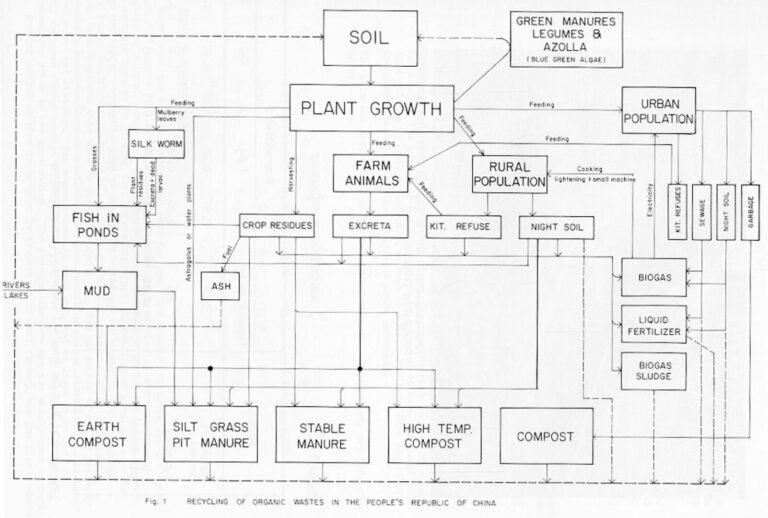Food is a powerful entry point into the civic imagination—i.e., the capacity to imagine alternatives to current cultural, social, political, or economic conditions, the social process of which fosters a shared vision for collective action. As an essential material component of human life, food exists as an extremely mundane and dynamic aspect of our everyday personal and social experiences; our relationship with food is intertwined with issues of privilege, access, representation, language, ethnicity, and the materiality of culture. This forum explores diverse intersections between food and civic imagination, with topics ranging from shared memories, local (re-)imaginations, history and civic action, and private-public translations. The forum discusses how food sustains, nourishes, and connects individuals and their communities by delving into both their presence—e.g., acquiring and preparing ingredients, cooking meals, sharing or selling foods—and absence—e.g., hunger and human waste in food ecology. Articles in this collection demonstrate that the civic imagination is not only fed in dining rooms and kitchens but also in less conventionally thought-of contexts, such as digital spaces, toilets, and forums such as ours. They urge us to engage with food in new imaginative ways, fostering and bridging conversations: one cannot change the world unless one can imagine what a better world might look like, and one must explore together to navigate and actualize the imaginative possibilities.
Feeding the Civic Imagination
Edited by Do Own (Donna) Kim, Sangita Shresthova, and Paulina Lanz
Food is a powerful entry point into the civic imagination—i.e., the capacity to imagine alternatives to current cultural, social, political, or economic conditions, the social process of which fosters a shared vision for collective action. Articles in this collection urge us to engage with food in new imaginative ways, fostering and bridging conversations: one cannot change the world unless one can imagine what a better world might look like, and one must explore together to navigate and actualize the imaginative possibilities.
“A Pinch of Imagination”
There is a rise in events connecting people to food, the sources of food, and the materiality of food––including all its affective and sensorial qualities. We have found that this not only translates into food politics but into a wide array of power dynamics surrounding food that connect our past to our imagined/desired futures, especially as we engage with conversations that become nodes that facilitate connections across cultures. The connection lies beyond the ingredients but in the affective agency within them and their relationship to each other. We focus on how we connect through the ingredients, how we measure them, and how they exist in relation to one another, as ingredients strengthen the affective connection with food materiality, as we feel the textures and tastes in order to know if you put the right quantity. Our proposal is a provocation of how transnational creative practices are produced and translated through a cocreated recipe whereby talking through a common recipe (and how that recipe came to be) we disclose and imagine glocal similarities between Mexican food and Palestinian food.
From Housewives to Homemakers: Civic Engagement, Imagination, and Déjà Vu in Taiwan
In a democratic country like Taiwan, civic participation generally takes place everywhere and every day in various forms, such as petitioning, community building, and protesting, and it is too mundane to be noted. Not until the moment of crisis could the energy it has harbored be seen. COVID-19 undoubtedly is a challenge for all humans in the world. Misfortune as it was, this state of exception presented people with resilience and creativity to assist one another. Starting from an incident of “veg boxes” during the pandemic, this article tries to connect the optimistic view toward social changes with its possible model. By linking Homemakers United Foundation, a local organization closely related to food and environmental issues, and its development to the history of nation-building, this article also discusses what kind of civic imagination has been deployed and its connection with history.
“Cooking in Someone Else’s Kitchen”: Exploring Food as a Commonplace for Antiracist Pedagogy, White Allyship, and Feeding Civic Imagination
Asao Inoue’s metaphor “cooking in someone else’s kitchen” provides a conceptual framework describing how white educators may navigate teaching topics outside of the subject positions they occupy. I apply an intentionally literal interpretation of Inoue’s metaphor, to position food culture as an important component of social justice pedagogy.
As post-secondary institutions prioritize diversity, equity, and inclusion initiatives, antiracist pedagogies have become a source of uneasiness for many white educators. Often, these educators may give excuses stemming from embodied positionality and fear of saying something wrong, which may become reasons to avoid difficult classroom conversations. As a result, universities lose opportunities to educate students about race-related issues, along with the potential for increased civic engagement. This paper addresses white teachers’ apprehension surrounding antiracist pedagogy and presents a food-themed writing course focused on how food has been weaponized historically, contributing to racial, class, and gender injustice—and how similar systems of oppression are still in effect currently. The course centers food as a commonplace to explore race, racism, and cultural difference—while helping teachers gain confidence in joining antiracist efforts.
They Broke Bread with Sincere Hearts: Imagining New Gymnastics Cultures
This article discusses everyday acts of resistance through two stories of bread in competitive gymnastics through the lens of infrapolitics and hidden transcripts. The author discusses how the culture of elite competitive gymnastics sometimes makes it difficult to distinguish between appropriate and inappropriate methods of coaching and care—often giving rise to infrapolitical acts. Furthermore, the article centers Larry Nassar’s cooptation of gymnasts’ hidden transcripts—particularly around food—as a strategy to further his abuse of hundreds of athletes. Finally, through the concept of the civic imagination, the author encourages the gymnastics community to begin to engage in open discussions over meals toward change in gymnastics cultures.
Holy Wine Online: Deir Cremisan in Digital Space
This article focuses on the visual materials of the Cremisan Winery Estate’s Facebook page to argue that Cremisan’s digital presence is complex and multivocal, eschewing binaries of digital food activism or consumer-oriented marketing. My approach (using digital and “analog” research) grounds media analysis in site visits and sees digital content as a method of creatively resisting oppressive structures and digital space as locations in which interactions occur. I suggest that Deir Cremisan’s Facebook page participates in a complex discourse between contemporary political debates, piety, local and international commodity markets, and the pragmatics of the daily operations of running a vineyard and winery.
Shit in Our Time: An Unsettling Epoch of Metabolic Disturbance
Human waste, often regarded as a source of disease, disgust and impurity, is being redefined as “humanure” by environmental activists, serving as a solution to land degradation in the midst of the anthropogenic crisis. Although a circular view that humans are not merely consumers of food but the producers for healthy soils has arisen, it can easily be overlooked. In China, the beneficial use of human waste, or “nightsoil,” for food production has a long history. Drawing from my mother’s intimate experience with humanure during the socialist era in China, I explore the metabolic politics of humans and soils. This politics reveals a unique cultural economy that was once constituted to complete a cyclic change from food production to consumption, intertwining the valuation method of humanure, toilet technologies, and the rural–urban exchange. I introduce the context of metabolic disturbance to rethink environmental sustainability in relation to the dynamics of our farming practice and sanitation/disposal system in China and beyond. I propose alternative ways to value human waste, aiming to nourish our civic imagination of food by transforming our metabolic relationship with soil, agriculture, food, and waste.






